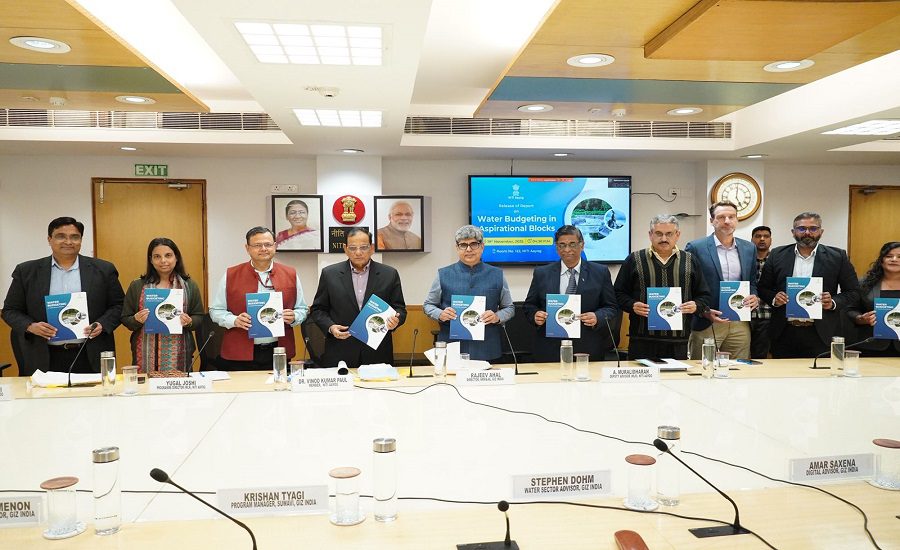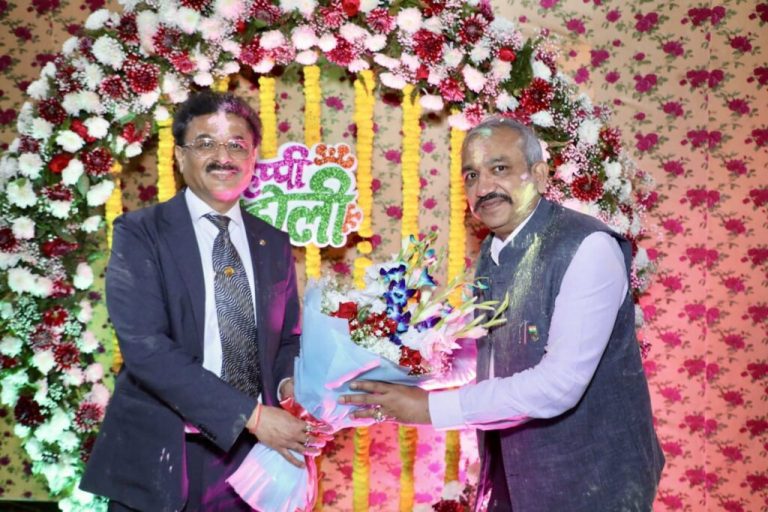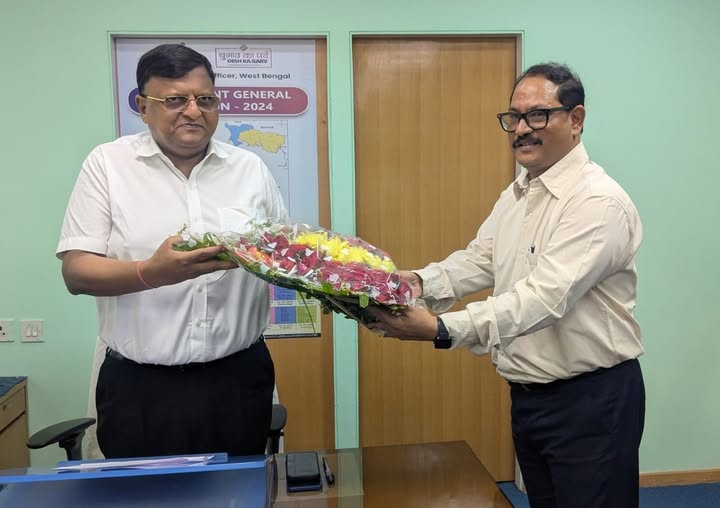New Delhi: NITI Aayog on Wednesday released a report titled “Water Budgeting in Aspirational Blocks,” marking a significant step toward enhancing local water security and promoting data-driven water management practices. Prepared in collaboration with GIZ India, the report provides a structured framework for assessing water demand and supply across multiple sectors and regions.
Structured Approach to Water Management
The report emphasizes that water budgeting is a systematic method to estimate water demand across key sectors including human consumption, livestock, agriculture, and industry, while accounting for supplies from runoff, surface water, groundwater, and water transfers.
Using the web-based platform Varuni, the exercise enables block-level water security planning and supports integrated water management, allowing policymakers to take proactive measures before water scarcity reaches critical levels.
Focus on 18 Aspirational Blocks
The study covers 18 Aspirational Blocks spread across 8 agro-climatic zones in 11 states, reflecting the diverse water resource challenges across India. The report highlights the heterogeneity of water availability, offering customized strategies for each block to improve equitable water distribution, identify hotspots of consumption, and plan efficient usage.
It also provides insights into the demand-supply scenario, local challenges, and recommendations to strengthen water resilience and sustainability.
Community Participation and Livelihood Outcomes
The NITI Aayog report emphasizes the importance of involving local communities in water management initiatives. By implementing measurable interventions, the exercise aims to enhance water availability, improve health outcomes, and support livelihoods, particularly in water-stressed regions.
Towards Climate Resilience and Sustainable Development
As policies increasingly focus on convergent water resources management, digital governance, and outcome-based planning, tools like water budgeting are seen as essential for climate resilience and sustainable development. The report positions local water budgeting as a key component in India’s efforts to manage its water resources more effectively and equitably.






























